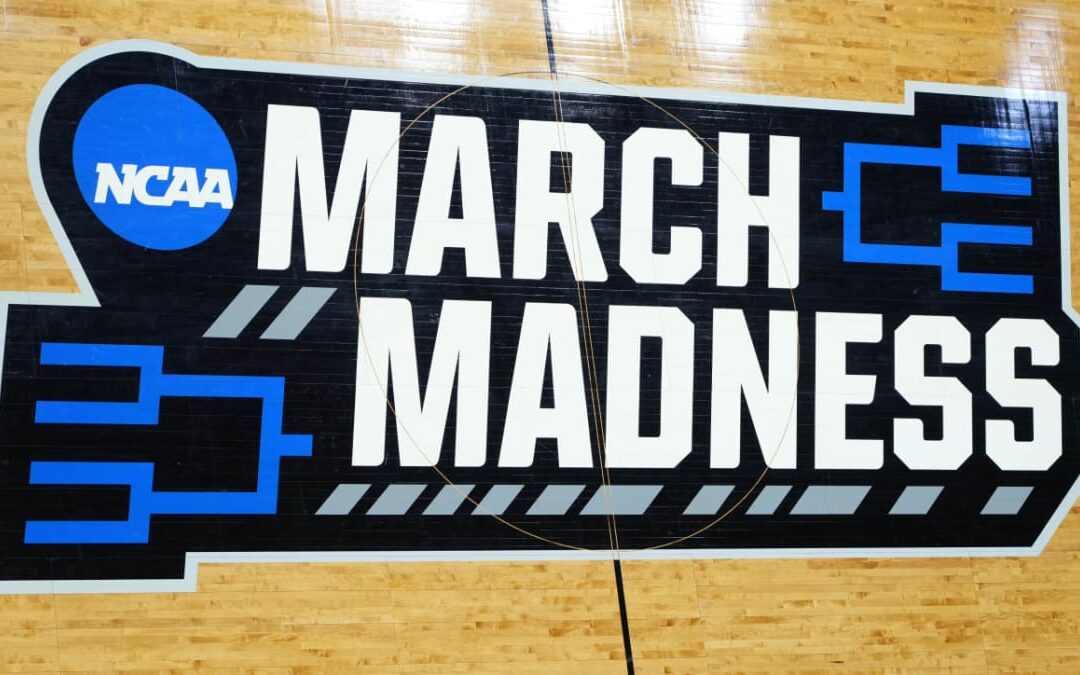The NCAA Division I men’s basketball tournament is one of the most anticipated events of the year for college basketball fans. Also known as March Madness, the single-elimination tournament is a time when schools across the nation compete for the title of national champion of college basketball. The tournament, however, is also a time for controversy.
The selection process and criteria have always been subject to debate, with many questioning the fairness of the process. Let’s explore the history of March Madness, how selection works, and the biggest snubs of 2023.
The History of March Madness
March Madness has a long and storied history. The men’s basketball tournament started in 1939 with just eight teams, and it has since grown to include 68 teams. The event has become a cultural phenomenon, with people across the nation filling out their brackets—predicting who will win the tournament—and cheering on their teams. It’s estimated that the NCAA will make well over $1 billion in revenue from March Madness in 2023.
Duke’s Mike Krzyzewski, also known as “Coach K,” has more tournament wins (97) than any other coach. He retired in 2022 after a storied career, leaving the door open for a new generation of legends. Perhaps the 2023 tournament will be a launching pad for the next superstar.
How Selection Works
The selection process for March Madness involves a committee of 10 members who choose the 68 teams that will participate in the tournament. The field of potential participants currently stands at 351 teams—thus, the selection is a huge undertaking.
The committee considers several factors, including a team’s record, strength of schedule, and quality of wins. The committee also considers the teams’ performance in their respective conference tournaments. After submitting ballots, the group goes through round after round to select teams, then assigns them seeds.
Biggest Snubs of 2023
Despite the committee’s best efforts, there are always teams that feel snubbed when they don’t receive an invitation to the tournament. Here are three teams that many fans and analysts feel deserved to make the cut in 2023:
North Carolina: The Tar Heels finished the season with a record of 20-13 and were ranked 46 in the NET rankings. What makes this snub most shocking is that the Tar Heels saw the return of four out of five of their starting players from the previous season’s team, which went down in a hard-fought championship loss.
North Carolina started the season ranked first, making this the first time a preseason No. 1 team has missed the tournament since the 1974-75 season and the first ever since the field was expanded in 1985.
Rutgers: The Scarlet Knights finished the season with a record of 19-14 and were ranked 40 in the NET rankings. They had many quality wins throughout the season, but ultimately, a late-season skid meant their overall resume wasn’t strong enough to earn them a spot in the tournament.
Clemson: The Tigers finished the season with a record of 23-10 and were ranked 60 in the NET rankings. They had some impressive wins over ranked opponents, but ultimately, their lack of consistency hurt them. And much like Rutgers, the Tigers also experienced some tough losses down the stretch that cost them a spot at the big dance.
Will the NCAA Change Its Process?
Critics have questioned the NCAA’s selection process for years. Some argue that the committee should emphasize a team’s strength of schedule and quality wins, while others believe that the committee should place more weight on conference performance. However, the NCAA has shown little interest in changing its process.
The last major change came five years ago when the selection committee dropped the RPI metric as part of its evaluation process. The formula, which has been used since the early 1980s, focused on the winning percentages of teams and their opponents. It was used to determine seedings but was dropped in favor of an updated quadrant system. We are unlikely to see another major change anytime soon.
Should the NCAA Expand March Madness?
One proposed solution to the controversy surrounding March Madness is to expand the tournament. This would give more teams a chance to participate and could potentially reduce the number of snubs.
However, some think expanding the tournament would dilute the quality of play and make the tournament less exciting. There are also concerns about the logistical challenges of hosting an even larger tournament. Thus, there has been no formal discussion related to expanding the tournament in over a decade.
Bottom Line
March Madness is a beloved event that generates excitement and controversy every year. The selection process is complex and often contentious, with many fans and analysts questioning the fairness of the process.
While there are always snubs, there are also teams that surprise viewers and make a deep run in the tournament. However, it remains to be seen whether the NCAA will change its process or expand the tournament. Regardless, we can be sure that the event will continue to captivate audiences for years.

